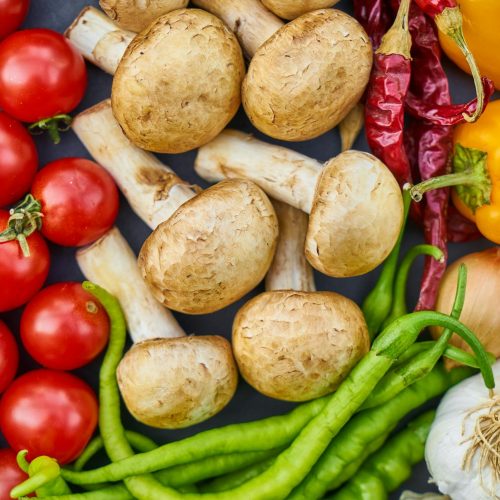Recovering from addiction is an immense challenge that requires commitment, self-reflection, lifestyle changes, and support. One crucial yet often overlooked aspect of addiction recovery is nutrition. What and how you eat during early sobriety and beyond can have a profound impact on your mental and physical well-being. Proper nutrition provides energy, balances brain chemistry, reduces cravings, and aids the recovery process. This article will explore nutrition strategies to heal and strengthen your body as you move forward in recovery.
Overcoming Addiction
The first step when overcoming an addiction is usually medically supervised detoxification or effective medical detoxification. Detox allows the body to clear itself of addictive substances while managing uncomfortable and potentially dangerous withdrawal symptoms. During detox, it’s vital to stay hydrated by drinking water, coconut water, or electrolyte drinks. Broths provide nourishment when appetite is low, or nausea is present. Avoid sugary or caffeinated beverages that can disrupt blood sugar and energy levels. Taking vitamin supplements can help replenish depleted nutrients. Working with medical professionals ensures safe, effective detoxification, setting the stage for lasting sobriety.
Balancing Blood Sugar Levels
Addictive drugs severely disrupt blood sugar balance in the body. When entering recovery, it’s crucial to stabilize blood sugar levels to minimize cravings, improve concentration, and boost energy. Consume regular, balanced meals featuring lean proteins, complex carbohydrates, and healthy fats. Proteins like eggs, chicken, fish, yogurt, beans, and nuts help regulate blood sugar when eaten with high-fiber whole grains, vegetables, and fruits. Avoid simple sugars found in candy, soda, pastries, and processed foods. Whole foods provide steady energy and key nutrients that blood sugar regulates.
Repairing the Gut
Substance abuse damages the lining of the gastrointestinal system, reducing nutrient absorption. Healing the gut and restoring microbiome balance is essential for recovery. Eat probiotic foods like yogurt, kefir, sauerkraut, and kombucha to replenish healthy gut bacteria. Fiber from vegetables, fruits, whole grains, legumes, nuts, and seeds promotes digestion and gut repair. Bone broth is easily digested and contains collagen to mend damaged tissue. Limit processed foods, alcohol, caffeine, and sugar, which irritate the digestive system. A healthy gut reduces inflammation, stabilizes mood, and allows your body to utilize nutrients from food fully.
Managing Cravings
Cravings for addictive substances are common in early recovery. Consuming protein at each meal helps control cravings by stabilizing blood sugar and providing lasting energy. Getting adequate magnesium, found in leafy greens, nuts, seeds, legumes, and whole grains, can help reduce cravings. Staying hydrated is also key, as dehydration can trigger false hunger cues. Sometimes, cravings are linked to emotional triggers rather than physical hunger. Identifying your triggers and having healthy snacks on hand can help you ride out a craving wave. Don’t restrict or deny yourself food – this can backfire and increase urge intensity. Honor your true needs, which may be a nourishing meal or a cup of herbal tea.
Your nutritional choices have a powerful influence on your recovery journey. Support your body by stabilizing blood sugar, healing your gut, managing cravings intelligently, and consuming nutrient-dense whole foods. Work with your treatment team to develop a nutrition plan that fits your unique needs. With mindful eating choices and smart supplementation, you can nourish a stronger, healthier you on your path to sobriety.

